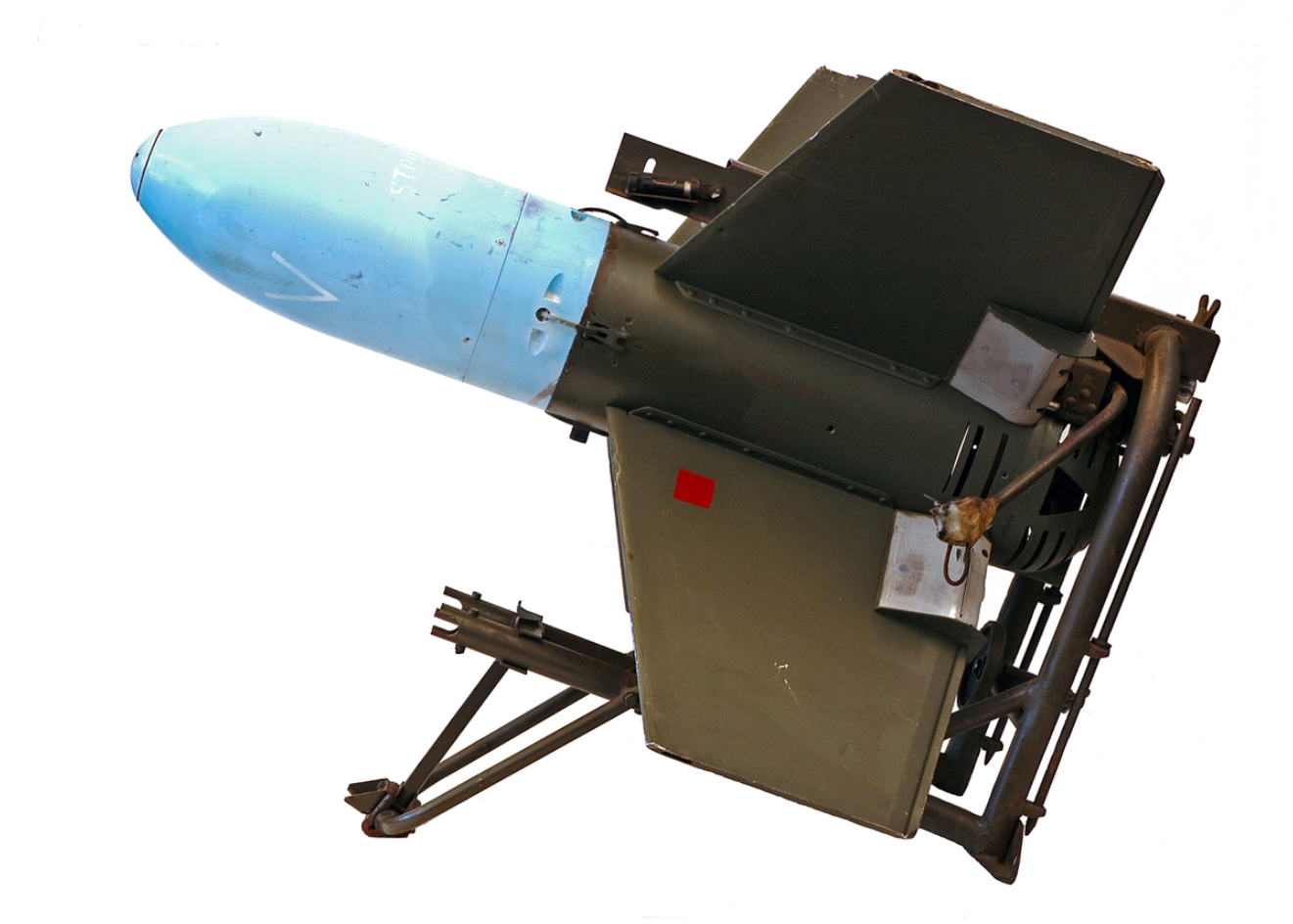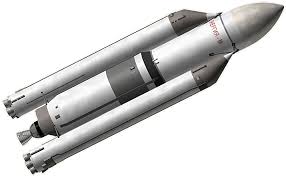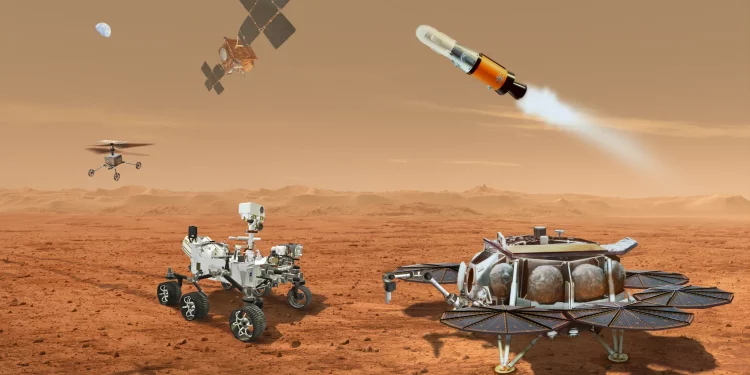Amidst growing tensions between global powers, a chilling revelation has emerged from US intelligence reports: Russia is allegedly pursuing the development of a space-based nuclear weapon, posing a “serious national security threat” according to US officials.
The prospect of a nuclear weapon in space has ignited fears of potential disruptions to satellite communications and military targeting systems, raising concerns about the stability of international relations in the cosmos.
US National Security Adviser Jake Sullivan, speaking at a press conference, acknowledged the gravity of the situation, stating that it was impossible to dismiss the threat with a simple “yes.” The classified intelligence, shared with every member of the US Congress, has prompted urgent calls for transparency and action from lawmakers on both sides of the political aisle.
Republican Mike Turner, chairman of the House intelligence committee, urged President Biden to declassify the intelligence and share it with the public, emphasizing the need for a coordinated response to the perceived threat.

The specter of a space-based nuclear weapon represents a potential violation of the 1967 Outer Space Treaty, a cornerstone of international arms control aimed at preserving the peaceful use of space.
Dr. Malcolm Davis, a senior analyst at the Australian Strategic Policy Institute, underscored the significance of the treaty and warned of the consequences of its violation by Moscow.
Against the backdrop of Russia’s ongoing conflict in Ukraine, the alleged development of a space-based nuclear weapon has raised concerns about the escalation of tensions between Moscow and NATO, with implications for global security and stability.
In the wake of the Cold War, the specter of nuclear annihilation loomed large over the global stage. The rivalry between the United States and the Soviet Union fueled a relentless arms race, with both superpowers vying for dominance in space as well as on Earth. Amidst this geopolitical turmoil, the deployment of nuclear weapons in outer space emerged as a particularly contentious issue, fraught with both strategic implications and existential risks.
The 1960s witnessed a flurry of activity in space exploration, as both the United States and the Soviet Union raced to achieve milestones in their quest for dominance beyond Earth’s atmosphere. It was against this backdrop of intense competition that the United States embarked on a series of high-altitude nuclear tests, culminating in the infamous Starfish Prime detonation.
Starfish Prime was a seminal moment in the history of space exploration, marking the first time that a nuclear weapon had been detonated in outer space. The test, conducted on July 9, 1962, involved the detonation of a 1.4 megaton thermonuclear warhead some 250 miles above the Earth’s surface.
The resulting explosion created a blinding flash of light visible from hundreds of miles away and unleashed a cascade of electromagnetic energy that disrupted communications and wreaked havoc on electrical systems.
One of the most striking consequences of the Starfish Prime test was the formation of radiation belts in Earth’s magnetosphere. These radiation belts, composed of energetic electrons trapped by the Earth’s magnetic field, posed a significant threat to satellites orbiting in low Earth orbit. In the months following the test, numerous satellites succumbed to the effects of radiation, suffering malfunctions or outright failures as a result.

The aftermath of Starfish Prime served as a wake-up call for the international community, prompting calls for greater regulation of nuclear activities in space. In 1963, the United States, the Soviet Union, and the United Kingdom signed the Partial Nuclear Test Ban Treaty, which prohibited the testing of nuclear weapons in the atmosphere, outer space, and underwater.
This landmark agreement represented a significant step towards preventing the further militarization of space and averting the potentially catastrophic consequences of nuclear conflict beyond Earth’s atmosphere.
In the decades that followed, the Outer Space Treaty of 1967 further solidified international efforts to preserve the peaceful use of space. Signed by more than 100 countries, including the United States and the Soviet Union, the treaty established a framework for the exploration and use of outer space for peaceful purposes, while prohibiting the deployment of nuclear weapons and other weapons of mass destruction in space.
Despite these international agreements, concerns about the militarization of space have persisted, fueled by advancements in technology and evolving geopolitical dynamics. In recent years, reports of Russia’s development of a new space-based anti-satellite (ASAT) weapon have reignited fears of a new arms race in space.
While details remain scarce, insiders familiar with classified information have suggested that the weapon system in question may include a nuclear component, raising the specter of a return to the dark days of Cold War brinkmanship.
The precise nature of Russia’s space-based ASAT weapon remains a subject of speculation and debate. Some analysts have suggested that Russia may be pursuing a nuclear-armed ASAT capability, while others have speculated that the focus may instead be on a nuclear-powered variant.
Regardless of the specific configuration, the implications are clear: the potential deployment of a space-based nuclear weapon represents a significant escalation in the militarization of space and poses a grave threat to global stability.
In addition to the strategic implications of a space-based nuclear weapon, there are also significant technical challenges to overcome. The deployment of such a weapon would require sophisticated delivery systems capable of placing nuclear warheads into orbit, as well as robust command and control infrastructure to coordinate and execute orbital maneuvers.
Furthermore, the development of nuclear-powered propulsion systems presents its own set of engineering challenges, including the safe handling and containment of radioactive materials in the harsh environment of space.
Despite these challenges, the allure of a space-based nuclear weapon remains tantalizing for those seeking to gain a strategic advantage in the ever-evolving arena of global conflict. The potential to disable or destroy an adversary’s satellite network with a single decisive blow represents a powerful deterrent against aggression and a means of asserting dominance in space.
However, the deployment of a space-based nuclear weapon would not be without its risks. The creation of space debris resulting from orbital collisions or the detonation of nuclear warheads could have catastrophic consequences for satellites, spacecraft, and astronauts in orbit, potentially rendering entire swathes of space unusable for generations to come.

Moreover, the deployment of a space-based nuclear weapon would violate international agreements such as the Outer Space Treaty of 1967, undermining decades of diplomatic efforts to preserve the peaceful use of space. Such a provocative act could trigger a dangerous escalation of tensions between major powers and increase the likelihood of conflict in space and on Earth.
In conclusion, the prospect of a space-based nuclear weapon represents a significant challenge to the global community and underscores the urgent need for greater international cooperation and oversight in the realm of space exploration and security.
As the United States, Russia, and other major powers continue to vie for dominance in space, it is essential that all nations work together to ensure the peaceful and responsible use of outer space for the benefit of all humankind. Only through collective action and a commitment to dialogue and diplomacy can we hope to prevent the militarization of space and preserve the fragile equilibrium that sustains life on Earth.
For any enquiries please, email our editorial team at [email protected]. If you liked this story, kindly sign up for Clariform Newsletter, a handpicked selection of stories that helps you clarify things that matter and gives you clear signals about your world, delivered directly to your inbox.
Please subscribe to our YouTube channel, and join thousands of Clariform on Facebook, Twitter and Instagram.












